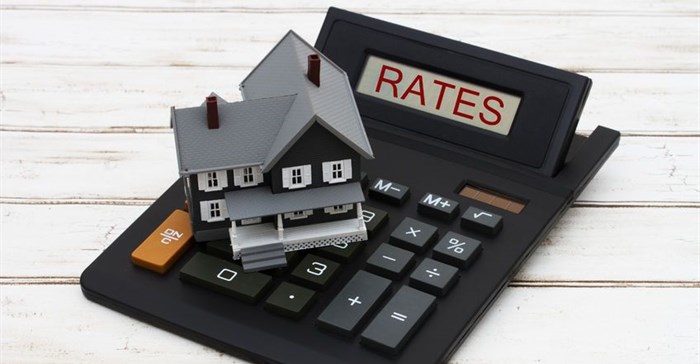
Top stories






LifestyleWhen to stop Googling and call the vet: Expert advice on pet allergies from dotsure.co.za
dotsure.co.za 2 days
More news

















Thus far, the Monetary Policy Committee (MPC) has treated consumers kindly, announcing an interest rate cut in March and deciding to keep levels unchanged in subsequent meetings. But, as we edge closer to the next meeting on 20-22 November, experts predict a 25 basis points increase to be in the cards, if not this year, then next year for sure.
At their last meeting, the MPC noted the rising inflation trajectory which, while remaining within the target range, is moving further away from the mid-point of their target range of 3.0–6.0% for 2018. We only narrowly escaped a hike at the last meeting, with four members in favour of the decision and three preferring an increase. According to the MPC, the way things stood at the time of their last meeting, the implied path of policy rates is for five rate hikes of 25 basis points by the end of 2020.
While remaining hopeful that our economy will take a positive turn, I would advise consumers not to take the current 10% prime lending rate for granted. Every economy goes through cycles and ours has currently taken a turn for the worse. However, there will be an eventual correction and the opportunity to make a profit during these trying times doubles for those who work smartly with their investments, buying while house price growth is low or stagnant and selling when prices begin to climb.”
What is somewhat more disconcerting than our current economic outlook is the growing number of first-time buyers who are purchasing property on a 100% bond. According to BetterBond, South Africa’s leading bond originator, the number of 100% loans granted as a percentage of total loans granted through BetterBond grew by 5.1% from 42.6% to 47.7% YOY in September (most of these loans went to buyers in the affordable sector). The BetterBond stats also reveal that the average deposit paid by first-time buyers (during the 12-month period ending September 2018) was 10.42% of the purchase price, compared to 11.57% in the previous 12-month period.
Understandably, it is not easy for buyers to save up towards a deposit in addition to the legal and bond registration fees payable on conclusion of the sale. However, bonds granted to buyers with low or non-existent deposits will attract higher interest rates which will end up costing those buyers more on their monthly instalments and on the total amount of interest paid on the property by the end of the loan term.
Buyer A who purchases a R600,000 property with a 100% loan over 20 years at 12% interest will pay a monthly instalment of around R6,600 and will end up paying roughly R986,000 worth of interest over 20 years. Buyer B who purchases a R600,000 property with a 10% deposit is very likely to be charged a lower interest rate of say 11% and will thus pay a monthly instalment of only about R5,600 and will end up paying roughly R798,000 worth of interest over 20 years.
The investor who purchases property with a deposit will thus make a much higher return on his investment than the buyer who purchases without a deposit. This discrepancy only widens as the prime lending rate climbs. As seemingly impossible as it might be to save up for a deposit during these tough economic times, I would advise all buyers to cut back in whatever way they can so that they can afford to purchase with a deposit during the current market (which is predominantly favourable to buyers). Bearing in mind that interest rate increases are inevitable, I would also advise buyers to shop around to make sure they get the best possible deal on their home loan, as well as to allow room in their budget for higher bond instalments in the months to come.
